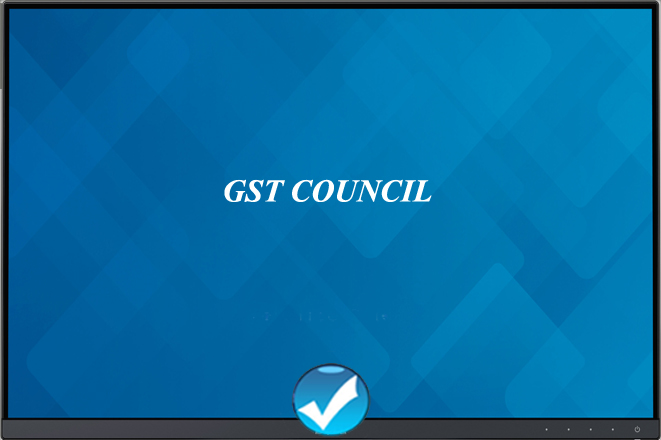
Greetings!
GST Council Constituted
The Union Cabinet has on 12/09/2016 approved the Constitution of the GST Council. The first meeting of the GST Council is scheduled on 22nd and 23rd September, 2016.
The Union Cabinet also decided on the constitution of the GST Secretariat.
The GST Constitution Amendment Act (the Act) provides for notification of different dates for different provisions of the Act.
The Government in its tryst to implement GST by April 1,2017 has without loss of time notified that Section 12 of the Act shall come into effect from 12th September,2016.
Consensus – key to implementation of GST
Though the GST Council has been constituted, can the GST Council work harmoniously with all States having not ratified the amendment to the Constitution?
About 20+ States have ratified the GST Constitution Amendment and the Act has received the assent of the President. However for successful implementation, it is imperative that all the States ratify the Constitution Amendment so that when the GST Council holds its first meeting all the States actively participate.
It is a matter of concern that West Bengal and now Karnataka have chosen to defer ratification of the Amendment to the Constitution. The reason stated by Karnataka Law and Parliamentary Affairs Minister T B Jayachandra is “Since the amendment has been approved by the President of India and has become law of the land, there is no necessity for the state legislative assembly to ratify the GST bill,"
Based on the pattern of voting in the Parliament, the perception was that except Tamil Nadu all the States are on board whole heartedly. With few more States deferring the ratification consensus in the GST Council could be elusive.
Getting all States to enthusiastically participate in the implementation of GST would be a political challenge requiring intense continued consultation.
Besides the task of determining issues like rate of tax, manner of compensating States of revenue loss, dual control, dispute settlement mechanism etc., the real challenge is forging political consensus like the manner in which the Constitution Amendment Bill was debated and passed in the Rajya Sabha.
Can Dual GST be rolled out with even one State not on board?
With AIADMK Members of Parliament walking out of the voting on the GST Constitution Amendment Bill in the Rajya Sabha, there is an apprehension of whether the dual GST can be implemented successfully, even if any one State does not enact the State GST Law as may be recommended by the GST Council.
Our editor Sri. S. Sridharan has presented the consequences / scenarios of any one of the States choosing to not join the national rollout of dual GST.
Click to read the article titled Can Dual GST be rolled out with even one State not on board?